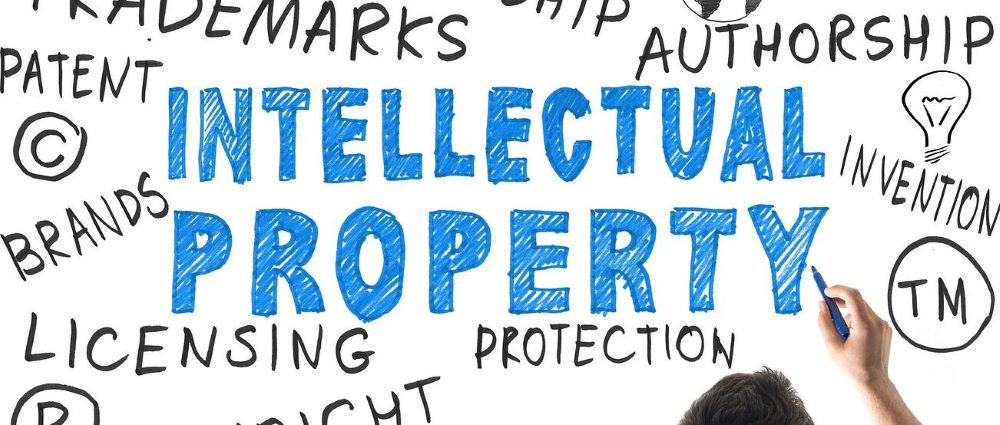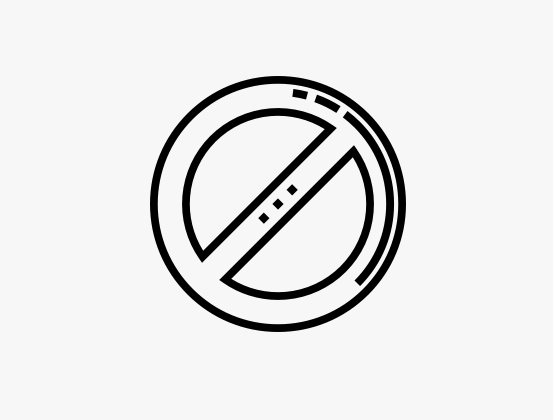Legal basis
-
Patent, Industrial Design, Trademark
The main legislation that governs the IP area in this jurisdiction, is the Law on Registration of Patents, Industrial Designs and Trademarks of 29 October 2007 (the Law) and its Executive By-law approved in 21 January 2009. However, according to the Article 62 of the Law itself, if Iran is a party to an international treaty, in situations of conflict between the Law and such international treaty, the provisions of the latter shall prevail.
The main international treaties to which Iran is a party so far, are as follows:
- Paris Convention for the Protection of Industrial Property
- Madrid Agreement for International Registration of Marks and its Protocol
- Madrid Agreement for Repression of False or Deceptive Indications of Source of Goods
- Lisbon Agreement for Protection of Appellations of Origin and International Registration
- Patent Cooperation Treaty
- Locarno Agreement Establishing an International Classification for Industrial Designs
- Nice Agreement Concerning the International Classification of Goods and Services for the Purposes of the Registration of Marks
Iran is, also, a member of the World Intellectual Property Organisation (WIPO) since 2002.
- Copyright
The “copyright” recognised and protected for various kinds of intellectual products is scattered in different Acts legislated with referring to a specific field of such products, each. The main legislations are as follows:
- The Law on Protection of the Rights of Authors, Composers and Artists of 1970
- The Law on Translation and Reproduction of Books, Publications and Audio Works of 1974
- The Press Law of 1985 as amended in 2000
- The Law on Protection of the Rights of Computer Software Creators of 2000
A positive approach of the legal system is that in accordance with the Electronic Commerce Act of 2004, all rights and protections available to the intellectual products under various laws and regulations shall be fully available and recognised with the same effects in digital environment. On the other hand, as a negative approach, the country is not a party to the international treaties and arrangements prepared for copyright purposes.
Available Protections
Recognition of the “exclusivity” is the essential protection given to the “owner” of an IP. This protection is supported by describing unauthorised uses by third parties (a use would be deemed authorised where is allowed under a contract or Fair Use) as “criminal” without prejudice to the “indemnification”.
The “owner” of an IP has the exclusive right of any use of the same (including its transfer). However, except for the Trademarks, the said exclusivity is limited to specific time periods which are, basically, as follows:
- for intellectual / art works (excepting movies and photographs): lifetime + 50 years
- for movies and photographs: 30 years
- for ordered works and works belong to / transferred to legal entities: 30 years
- for computer software: 30 years
- for patents: 20 years
- for industrial designs: 15 years (subject to taking formalities)
As mentioned, the exception is for Trademarks that the exclusive rights of their owners would be protectable as long as the relevant filings and formalities are properly complied with.
The spiritual rights attached to the copyright shall remain for always for the relevant “originator”, in any event.
How is the Protection granted?
Granting the protection is, basically, subject to formal registration of the relevant intellectual property / product with the Authority in charge. To this, an application should be prepared by the applicant and filed with the Authority. Upon filing the application, the Authority shall proceed with certain formalities and investigations (including public notification for trademarks and designs, assessments and inspections for patents, ascertainment of compliance with legal / ethical qualifications / requirements for intellectual products, etc.). If the “application” can pass successfully the relevant formalities and investigations, then the Authority will register the “applicant” as the “owner” and dedicate a registration number / filing code to the relevant intellectual property / product. Notwithstanding to this and subject to being able to prove, a “creator” / “owner” can still claim for the “copyright” even if the “work” has not been registered with the “Authority in charge”.
The authorities in charge of filing and registration for different types of intellectual properties / products, are as follows:
- patents, industrial designs, trademarks
Intellectual Property Center of the State Organisation for Registration of Deeds and Real Estates - books, publications, artworks
Ministry of Culture and Islamic Guidance - software products
Ministry of Communication and Information Technology
While, international registration of trademarks under Madrid System is valid for Iran use purposes, recognition of “copyright” (i.e material rights attached thereto) for intellectual products (including books and publications, movies, audio works, etc.) would be restricted to those products which have not already been published outside Iran.
For more information and advice, please contact us in Tavakoli & Colleagues law firm.





